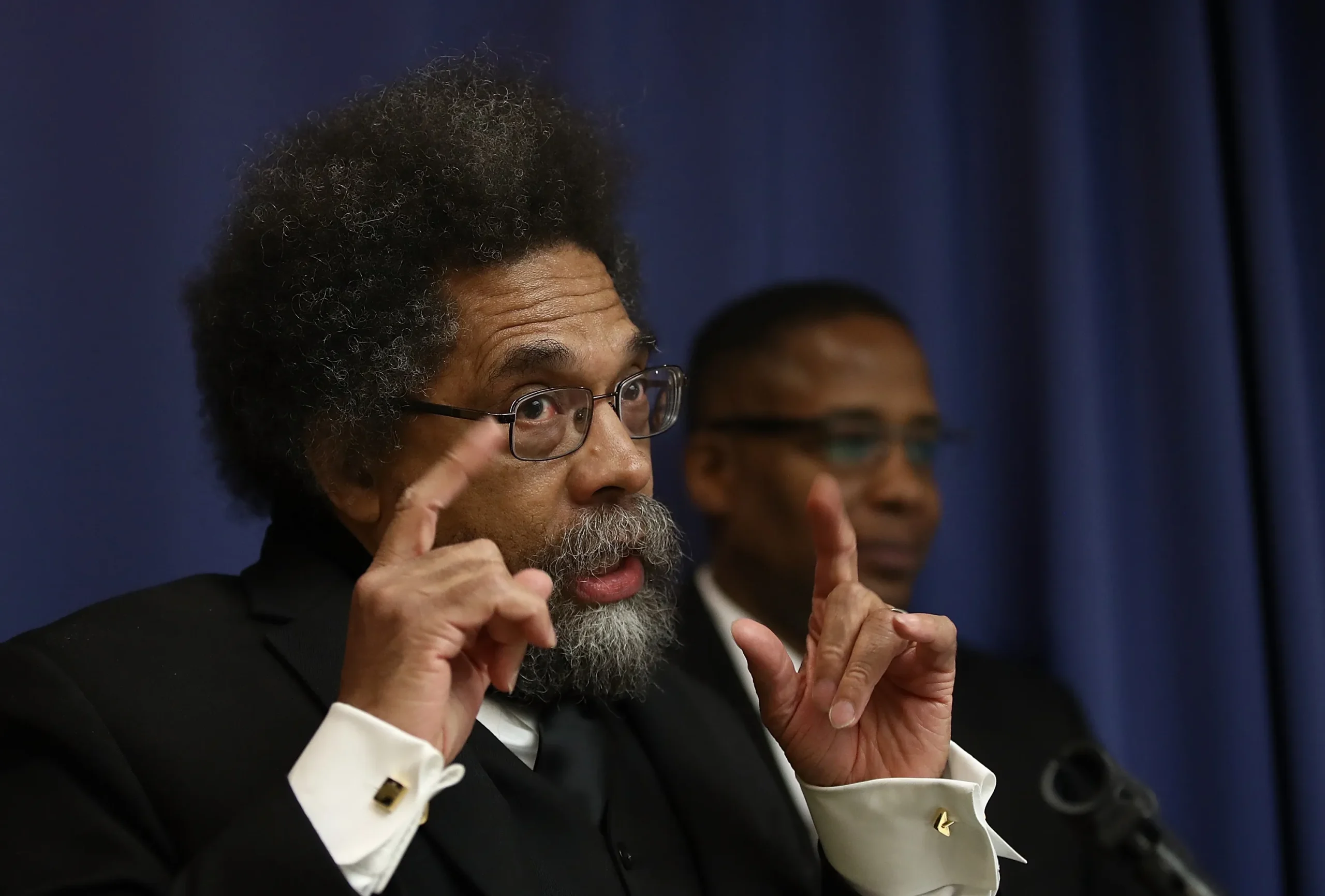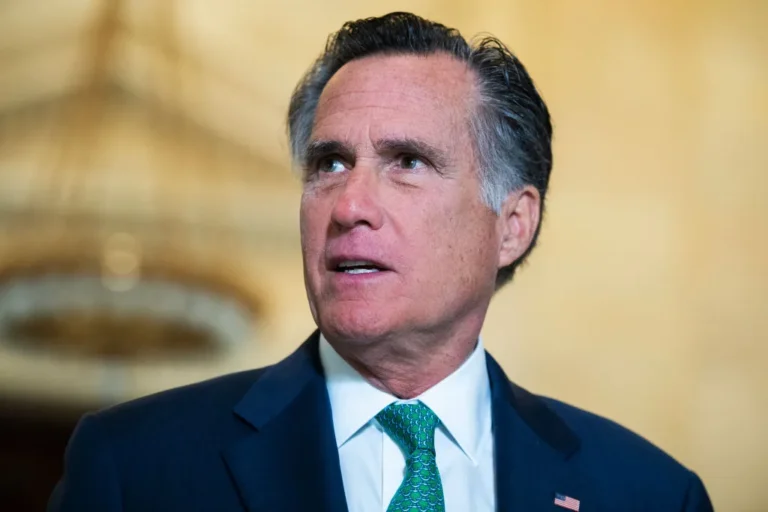Democrats Launch $500,000 Campaign to Deter Third-Party Votes in Battleground States
In a significant move as the election draws closer, the Democratic National Committee (DNC) is investing approximately $500,000 in a last-minute campaign aimed at swaying voters in key battleground states away from third-party candidates Jill Stein and Cornel West. The party warns that supporting these candidates could inadvertently bolster Republican frontrunner Donald Trump’s chances of winning the presidency.
The DNC announced on Monday that the campaign will feature digital ads on platforms such as Instagram and YouTube, specifically targeting younger voters and those on college campuses. Central to the campaign is a video of Trump from a rally in Philadelphia earlier this year, where he praised both Stein and West, saying, “Cornel West. He’s one of my favorite candidates, Cornel West. And I like her also, Jill Stein, I like her very much. You know why? She takes 100% from them. He takes 100%.” This statement is particularly troubling for Democrats, as it suggests a potential alliance between the far-left candidates and Trump’s campaign, which they view as a direct threat to their electoral success.
The urgency of this campaign is rooted in past experiences. Democrats have suffered narrow defeats in the presidential elections of 2000 and 2016, both of which they attribute, at least in part, to the presence of third-party candidates like those from the Green Party. In the 2016 election, for example, Stein received over 132,000 votes in crucial states such as Wisconsin, Michigan, and Pennsylvania—states where Democrat Hillary Clinton lost by a combined total of just 77,000 votes. In light of these statistics, the party has intensified its efforts this year to discourage left-leaning voters from considering third-party options, particularly after battling against the emerging No Labels movement and the independent candidacy of Robert F. Kennedy Jr.
Stein, who was the Green Party’s nominee in the 2016 election, has expanded her campaign’s appeal this year by taking a firm stance against Israel and its military operations in Gaza, Lebanon, and other regions. This approach has resonated with a segment of the electorate that is increasingly critical of U.S. foreign policy in the Middle East. In a recent appearance at a coffee shop in suburban Phoenix, Stein spoke passionately for over 45 minutes, urging her supporters to reject the notion of voting for the “lesser evil” between Trump and Democratic candidate Kamala Harris. She characterized both candidates as “genocidal” due to their backing of Israel’s actions.
Stein’s rhetoric challenges the traditional Democratic narrative, asserting that true democracy requires standing firm for one’s principles and voting for what one truly desires, rather than settling for a candidate seen as merely the lesser evil. “If we are to be a democracy, we have to stand up for what we want,” she stated, emphasizing the importance of voting with conviction. She also criticized the Democratic campaign as an infringement on free speech, claiming, “There is absolutely nothing to gain by voting for either one of them and there’s everything to lose.”
The intensity of Stein’s message reflects a broader sentiment among some voters who feel disillusioned by mainstream politics. Her campaign manager, Jason Call, expressed a more direct critique of the Democratic Party’s strategy, stating, “We want them to lose,” referring to the Democratic ticket. He acknowledged that while “nobody wants Trump to win,” the implications of another Democrat in the White House could potentially be “worse than Trump.” This stark language underscores the divisions within the left and highlights the strategic risks the Democratic Party faces if third-party candidates continue to gain traction.
As the election approaches, the DNC’s campaign against third-party candidates serves as a reminder of the ongoing tension within the Democratic Party. The challenges posed by Stein and West could complicate the party’s efforts to unify its base and mobilize voters, particularly younger individuals who may feel more aligned with progressive candidates. The outcome of this election cycle will likely hinge on whether the DNC’s last-ditch efforts to dissuade third-party support resonate with voters or if Stein and West can galvanize enough support to make a significant impact in the battleground states.






